Which Of The Following Types Of Epidemiology Applies Koch's Postulates To Study A Disease?
Which of the following types of epidemiology applies koch's postulates to study a disease?. Other seeming exceptions to Kochs pos-tulates include many of the diseases attrib-utable to viruses animal parasites rickett-sia and chlamydia. German physician Robert Koch was one of the founders of bacteriology. Choose one best answer Agent host environment.
A Ringworm B Warts C Gonorrhea D Yellow Fever E Cutaneous Anthrax 3. With regard to teacher preferences this lesson plan can also simultaneously incorporate science content objectives covering the major concepts of epidemiology Kochs postulates disease transmission eukaryotic vs. Epidemiology branch of medical science that studies the distribution of disease in human populations and the factors determining that distribution chiefly by the use of statistics.
In most of these cases host specificity appears confined to humans making it difficult if not impossible to verify. Which Of The Following Is Transmitted By The Parenteral Route. Which of the following is a pathogen that could not be identified by the original Kochs postulates.
Epidemiology itself is the study of disease in a populationwith goals of determining the frequency and distribution of the disease as well as risk factors for the disease. Koch abandoned the requirement of the first postulate altogether when he discovered asymptomatic carriers of cholera and later of typhoid fever. In 1882 the microbiologist Robert Koch discovered the tubercle bacillus at a time when one of every seven deaths in Europe was caused by TB.
Which of the following is a pathogen that could not be identified by the original Kochs postulates. Salmonella enterica serovar Typhimurium. Although epidemiology is defined with regard to human populations epidemiologic principles can be extended to study other problems such as colony collapse disorder in honeybees or improving herd health for a dairy.
Prokaryotic cells differences between various single-celled organisms ie viruses bacteria protozoans and fungi and controlprevention of disease outbreaks. Kochs postulates are as follows. He received the Nobel Prize for Physiology or Medicine in 1905 for his research on tuberculosis.
The epidemiologic triad of disease causation refers to. The bacteria must be isolated from the host with the disease and grown in pure culture.
Scientists know it as an infection caused by M.
Salmonella enterica serovar Typhimurium. Epidemiology represents a method of studying a health problem and can be applied to a wide range of problems from transmission of an infectious disease agent to the design of a new strategy for health care delivery. Asymptomatic or subclinical infection carriers are now known to be a common feature of many infectious diseases especially viruses such as polio herpes simplex HIV and hepatitis C. Treatment With High Doses Of Antibiotics May Lead To Which. Kochs postulates for those analyzing the etiology of infectious diseases. Epidemiology itself is the study of disease in a populationwith goals of determining the frequency and distribution of the disease as well as risk factors for the disease. Robert Koch was the first scientist to specifically demonstrate the causative agent of a disease anthrax in the late 1800s. The bacteria must be recoverable from the experimentally infected host. Salmonella enterica serovar Typhimurium.
With regard to teacher preferences this lesson plan can also simultaneously incorporate science content objectives covering the major concepts of epidemiology Kochs postulates disease transmission eukaryotic vs. Prokaryotic cells differences between various single-celled organisms ie viruses bacteria protozoans and fungi and controlprevention of disease outbreaks. He received the Nobel Prize for Physiology or Medicine in 1905 for his research on tuberculosis. The epidemiologic triad of disease causation refers to. Which of the following is a pathogen that could not be identified by the original Kochs postulates. The bacteria must be recoverable from the experimentally infected host. John Snow Robert Koch Kenneth Rothman.

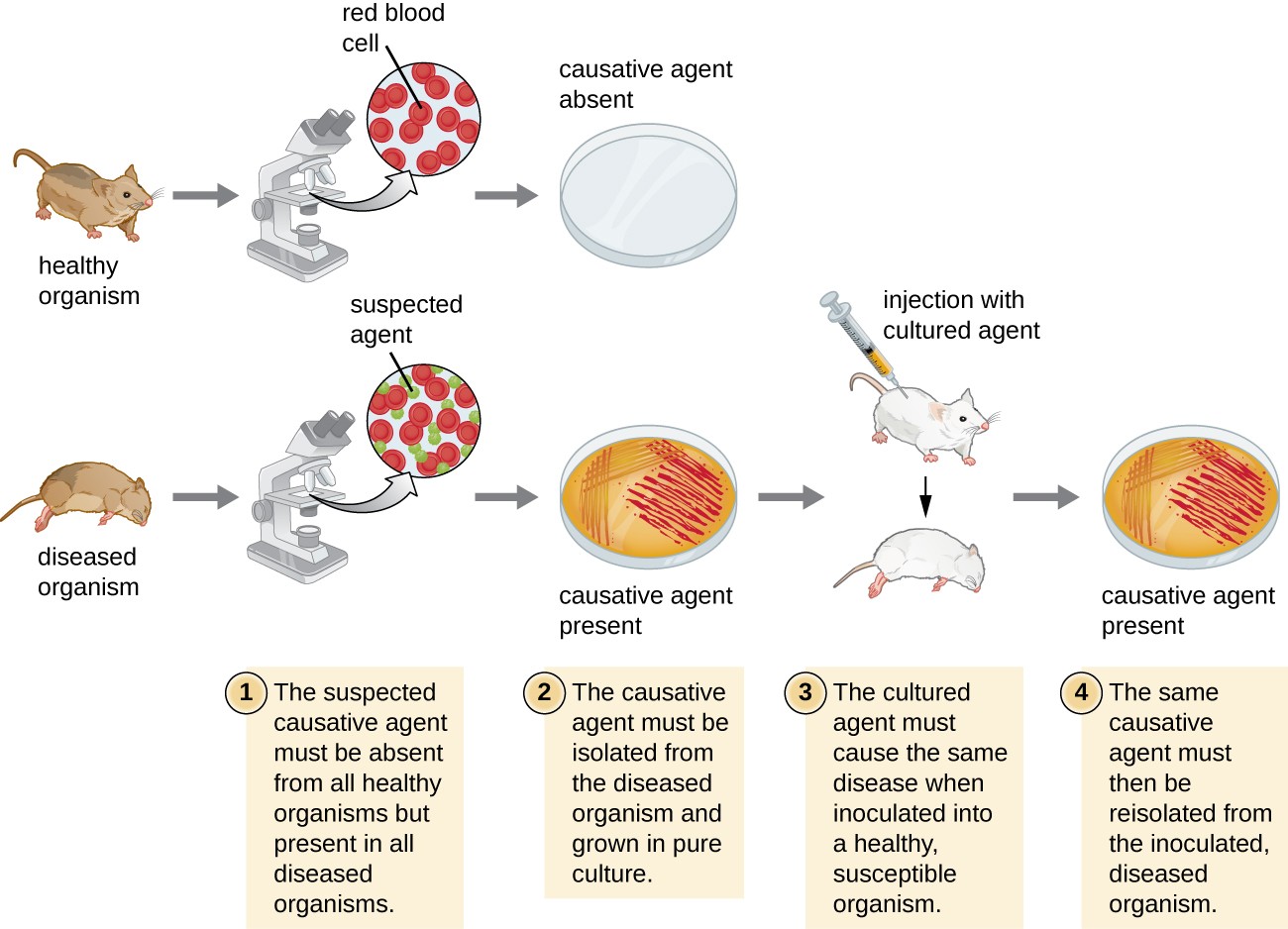

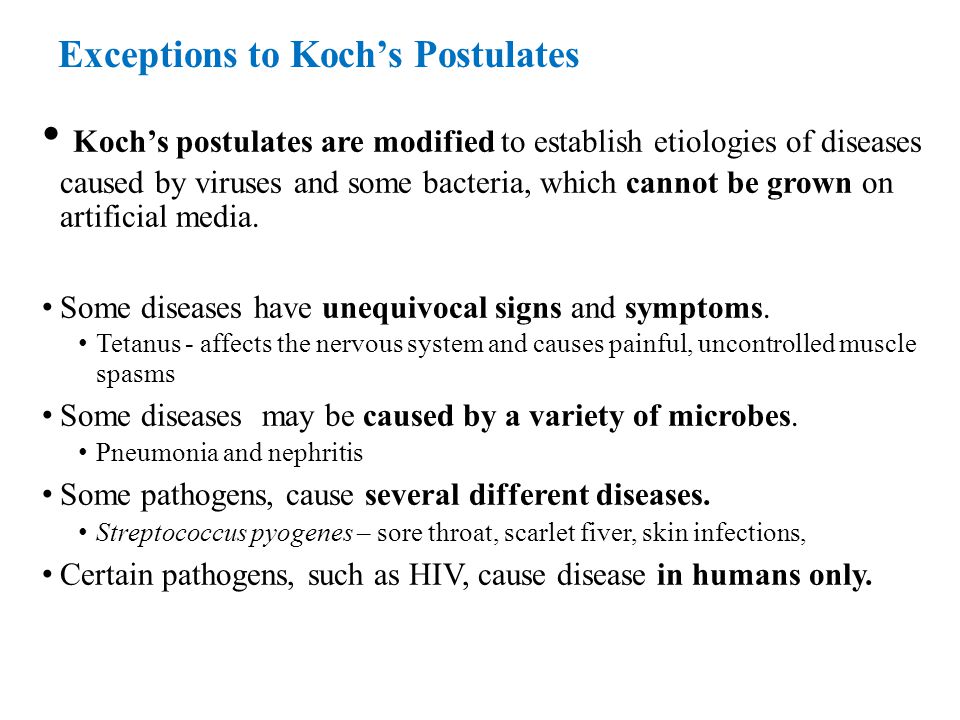






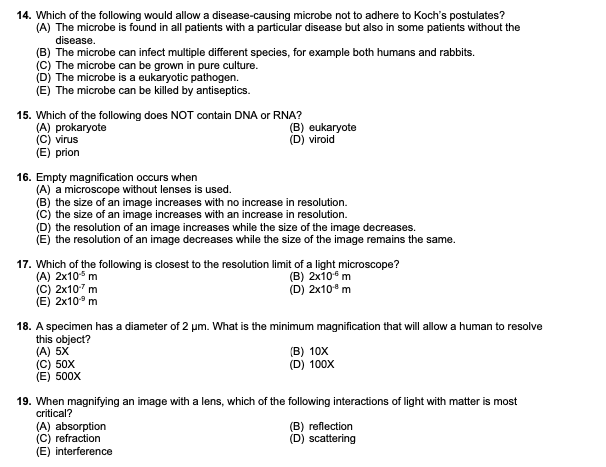













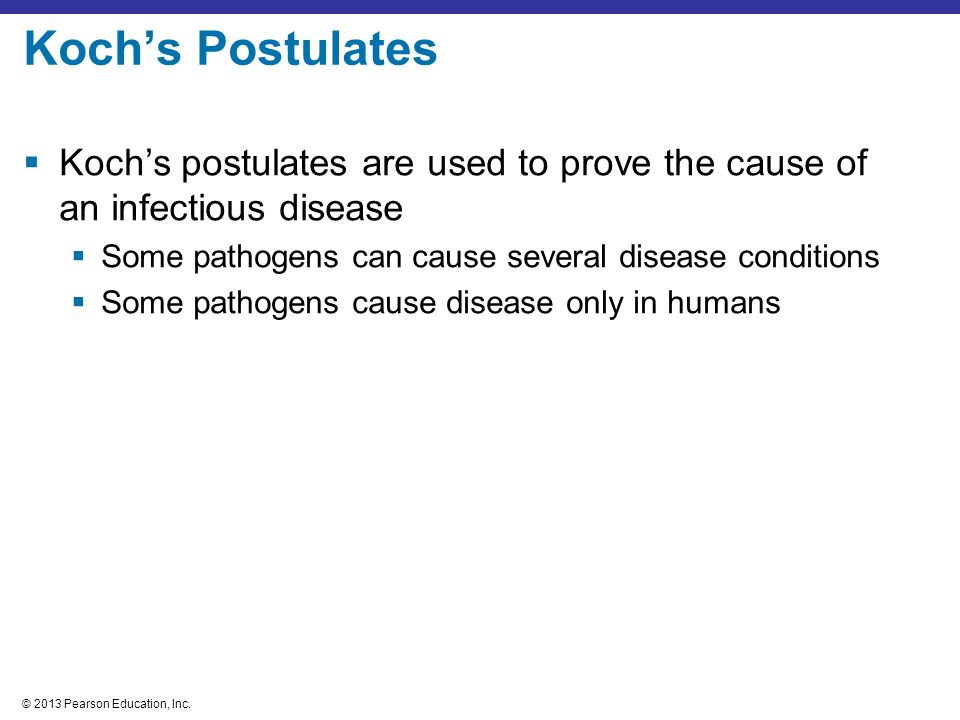






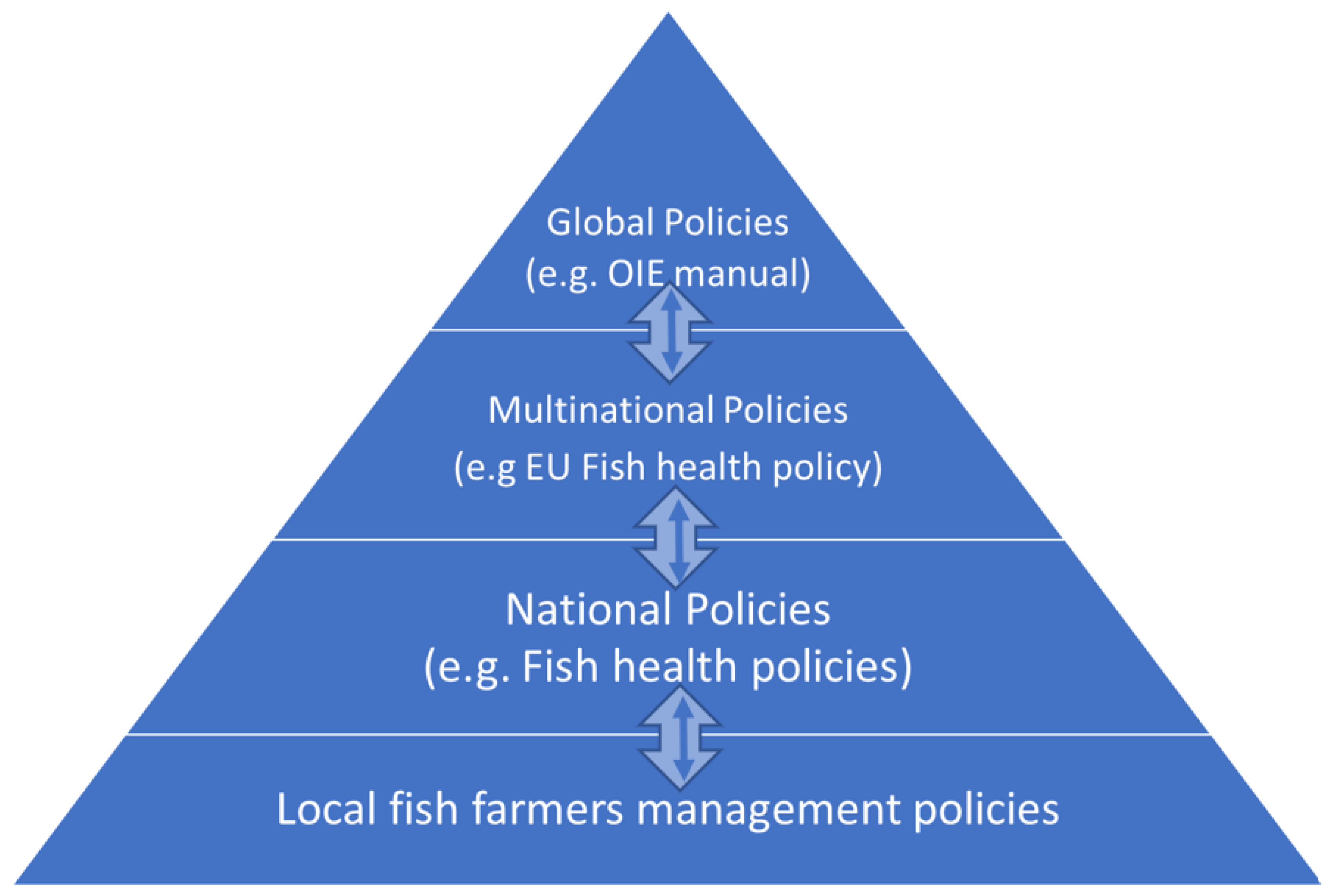
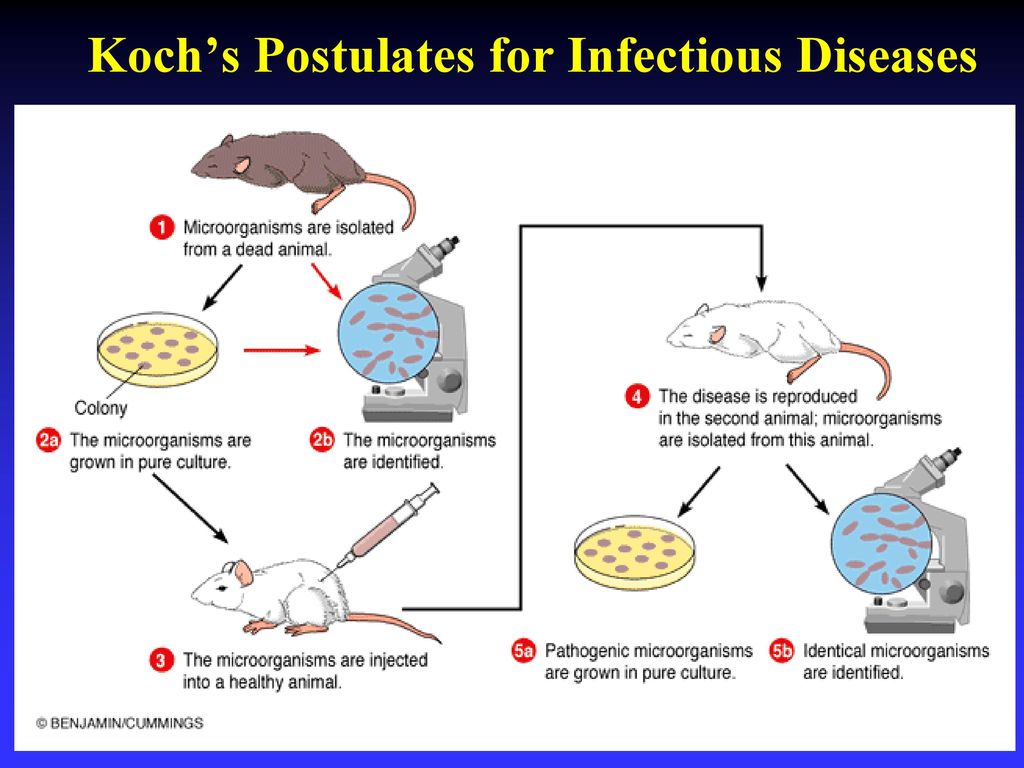







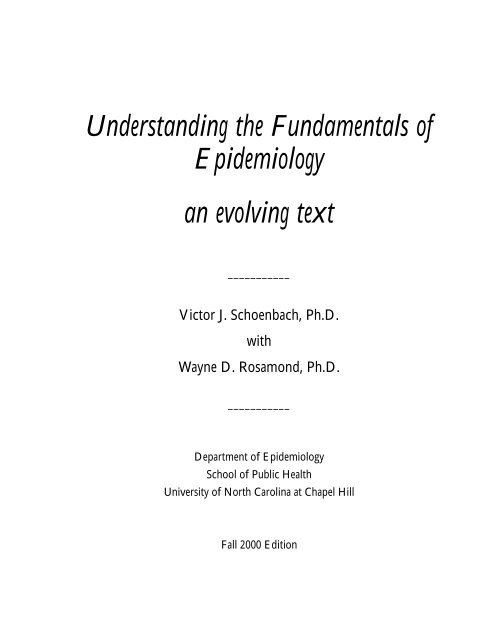
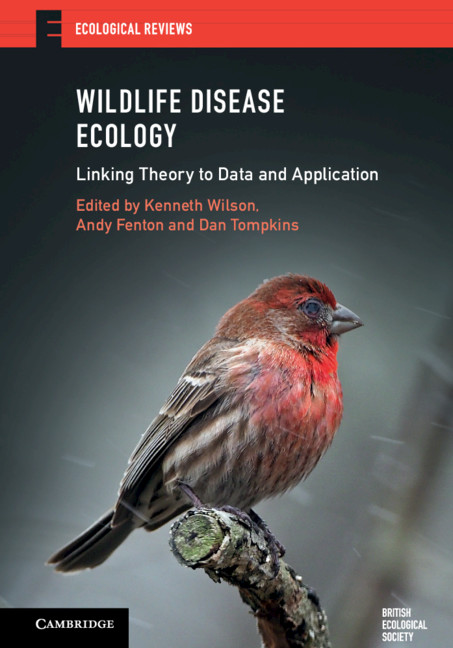
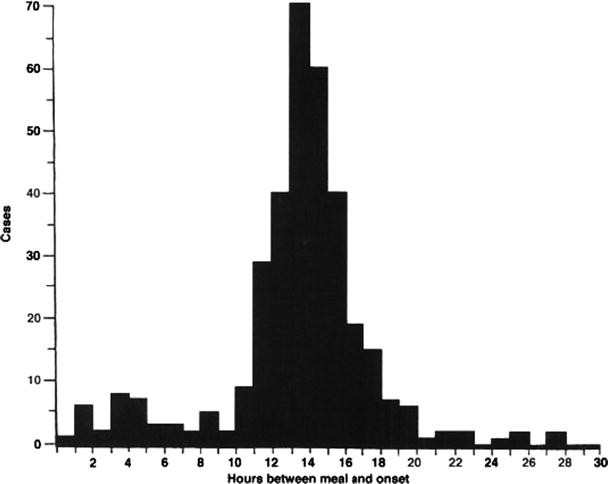

Posting Komentar untuk "Which Of The Following Types Of Epidemiology Applies Koch's Postulates To Study A Disease?"